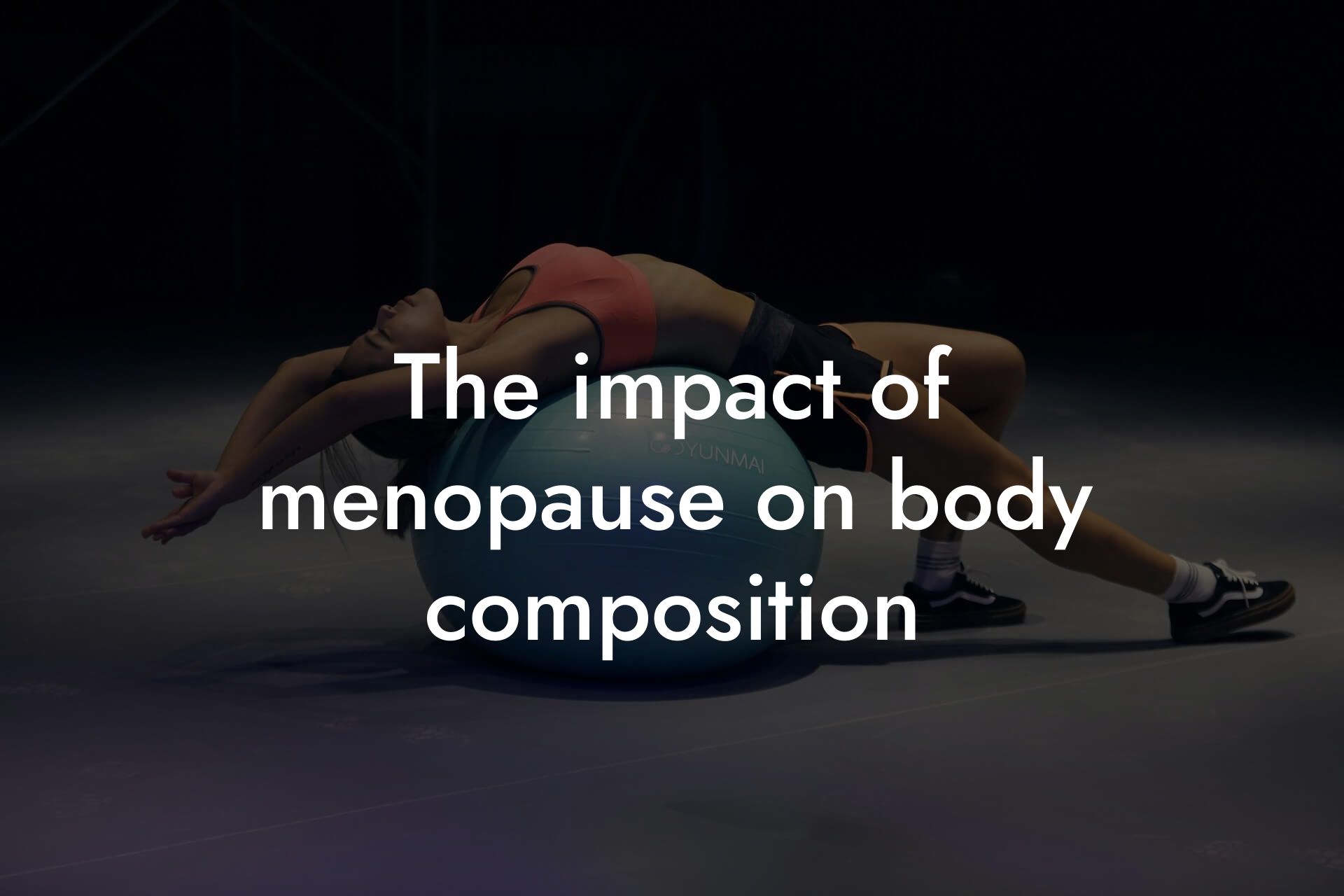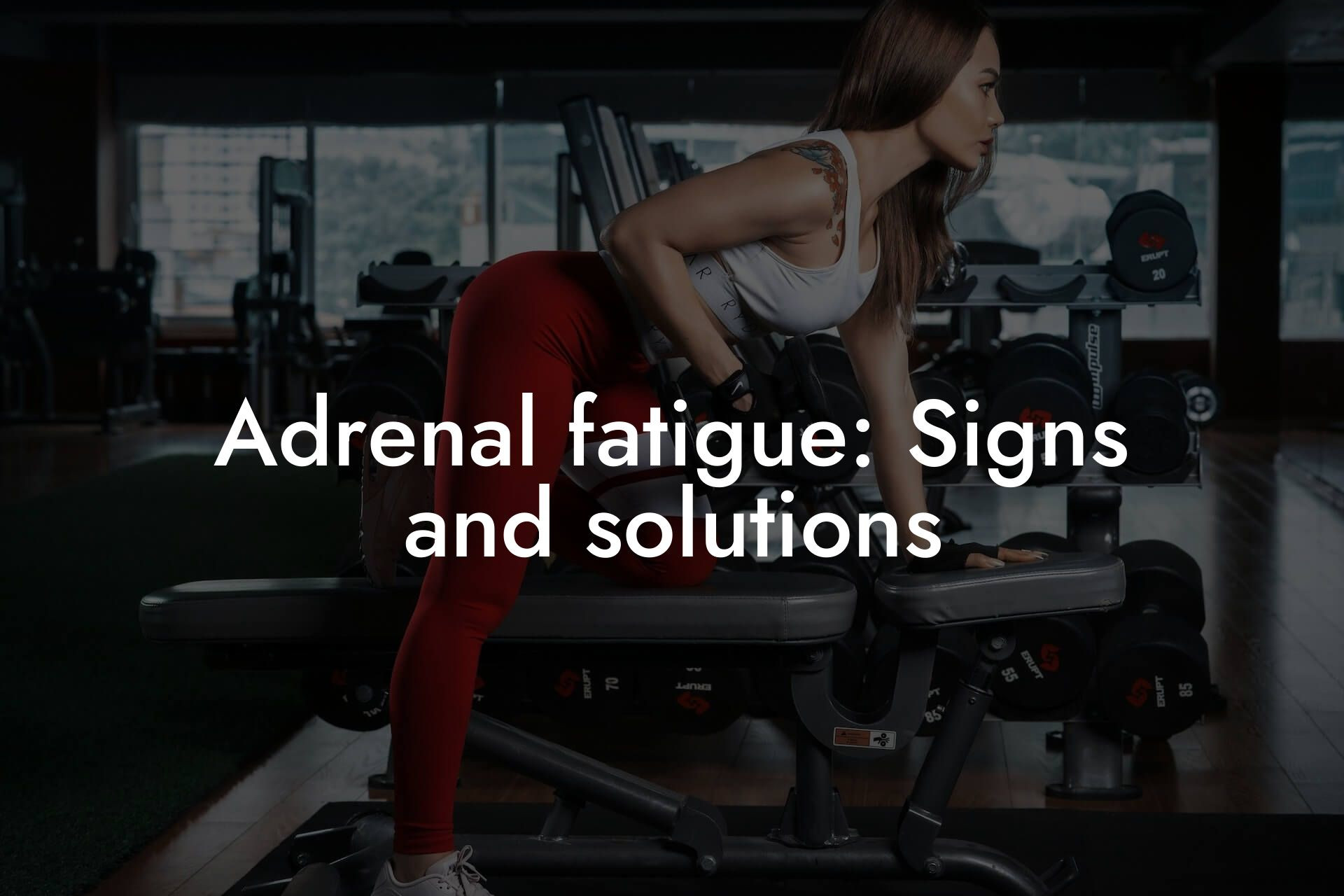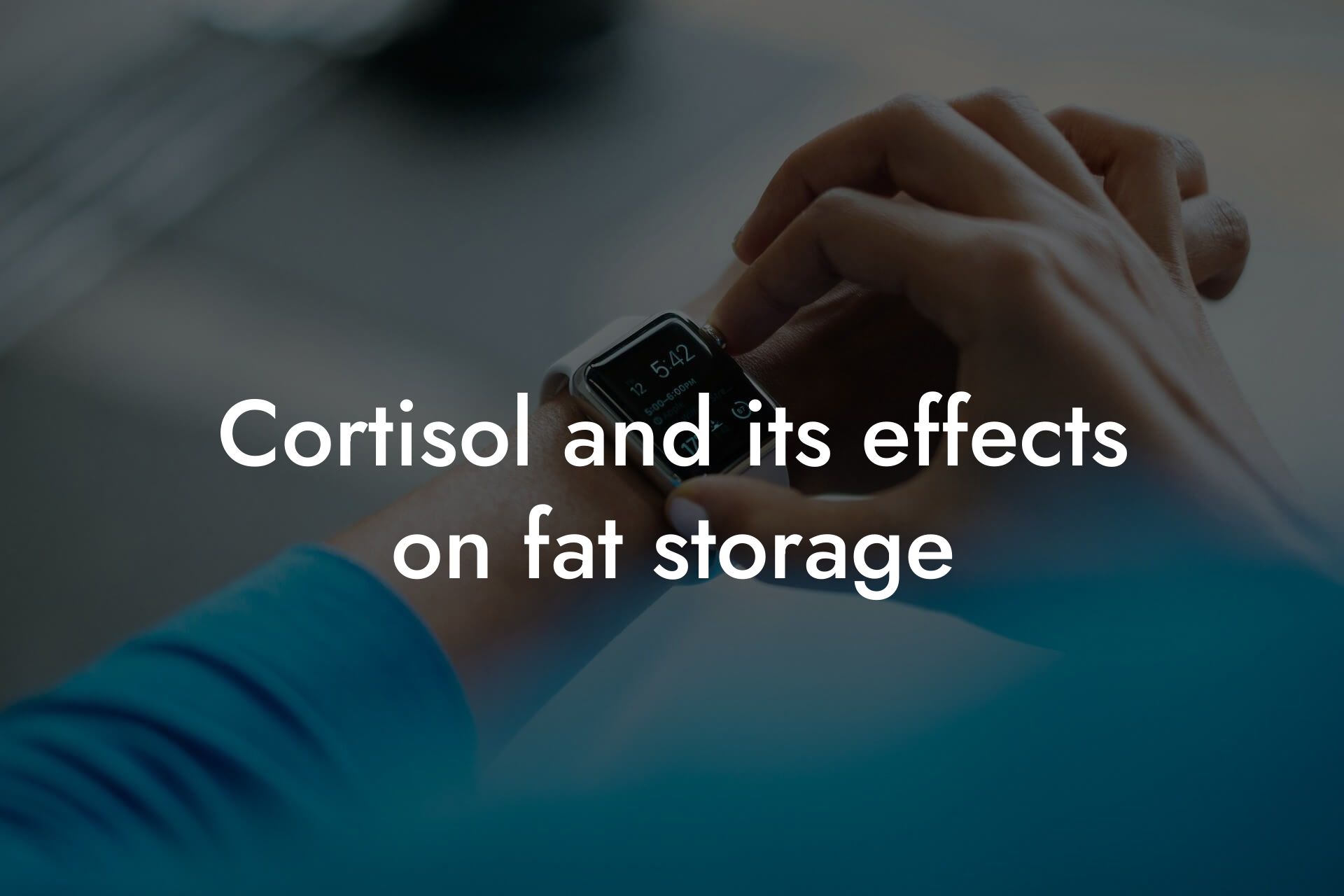Introduction to Estrogen and Bone Density
As high-earning professionals, you understand the importance of maintaining a healthy and fit physique. One crucial aspect of overall health is bone density, which can significantly impact your quality of life. Estrogen, a hormone produced by the ovaries in women and in small amounts by the adrenal glands in both men and women, plays a vital role in regulating bone density. In this article, we will delve into the relationship between estrogen and bone density, exploring how estrogen affects bone health and what you can do to maintain strong bones.
Table of Contents
- Introduction to Estrogen and Bone Density
- What is Estrogen?
- The Role of Estrogen in Bone Density
- How Estrogen Levels Affect Bone Density
- The Impact of Menopause on Bone Density
- Other Factors that Affect Estrogen and Bone Density
- Maintaining Healthy Estrogen Levels and Bone Density
- DEXA Scans: A Tool for Monitoring Bone Density
- Frequently Asked Questions
What is Estrogen?
Estrogen is a sex hormone that plays a crucial role in the development and maintenance of female characteristics. In women, estrogen is produced by the ovaries and is responsible for regulating the menstrual cycle, pregnancy, and lactation. In men, estrogen is produced in small amounts by the adrenal glands and plays a role in the development of male characteristics. Estrogen also has a significant impact on bone health, as we will discuss later.
The Role of Estrogen in Bone Density
Estrogen plays a crucial role in regulating bone density by promoting the activity of osteoblasts, the cells responsible for building new bone tissue. Estrogen also inhibits the activity of osteoclasts, the cells responsible for breaking down bone tissue. This delicate balance between bone formation and resorption is essential for maintaining strong, healthy bones. When estrogen levels are optimal, bone density is maintained, and the risk of osteoporosis and fractures is reduced.
How Estrogen Levels Affect Bone Density
Changes in estrogen levels can significantly impact bone density. In women, the decline in estrogen levels during menopause leads to a rapid loss of bone density, increasing the risk of osteoporosis and fractures. In men, low levels of estrogen, often associated with hypogonadism, can also lead to bone loss and osteoporosis. Conversely, high levels of estrogen, often seen in certain medical conditions, can lead to an increase in bone density.
The Impact of Menopause on Bone Density
Menopause is a significant milestone in a woman's life, marked by the cessation of menstruation and a decline in estrogen levels. This decline in estrogen leads to a rapid loss of bone density, particularly in the first five to seven years after menopause. This increased bone loss can lead to osteoporosis, a condition characterized by brittle and porous bones, increasing the risk of fractures.
Other Factors that Affect Estrogen and Bone Density
In addition to menopause, several other factors can impact estrogen levels and bone density. These include:
- Hormonal imbalances, such as hypogonadism or hyperthyroidism
- Certain medications, such as glucocorticoids or aromatase inhibitors
- Chronic diseases, such as diabetes or rheumatoid arthritis
- Lifestyle factors, such as a sedentary lifestyle or a diet low in calcium and vitamin D
Maintaining Healthy Estrogen Levels and Bone Density
Maintaining healthy estrogen levels and bone density requires a combination of a balanced diet, regular exercise, and a healthy lifestyle. Some tips to promote bone health include:
- Consuming a diet rich in calcium and vitamin D
- Engaging in weight-bearing exercises, such as running or weightlifting
- Getting adequate sleep and managing stress
- Avoiding smoking and excessive alcohol consumption
DEXA Scans: A Tool for Monitoring Bone Density
At Tano Performance Group, we understand the importance of monitoring bone density. Our state-of-the-art DEXA machine provides a comprehensive body assessment, including bone density measurements. With this information, you can track changes in your bone density over time and make informed decisions about your health. By combining DEXA scans with a healthy lifestyle and balanced diet, you can maintain strong, healthy bones and reduce the risk of osteoporosis and fractures.
In conclusion, estrogen plays a vital role in regulating bone density, and maintaining healthy estrogen levels is essential for strong, healthy bones. By understanding the relationship between estrogen and bone density, you can take proactive steps to promote bone health and reduce the risk of osteoporosis and fractures. At Tano Performance Group, we are committed to providing you with the tools and information you need to achieve your health and fitness goals. By combining a healthy lifestyle with regular DEXA scans, you can take control of your bone health and maintain a strong, healthy physique.
Frequently Asked Questions
What is estrogen and how does it relate to bone density?
Estrogen is a hormone produced by the ovaries in women and in small amounts by the adrenal glands in both men and women. It plays a crucial role in regulating bone density, particularly in women. Estrogen helps to promote bone growth and density by stimulating the activity of osteoblasts, the cells responsible for bone formation. In addition, estrogen also inhibits the activity of osteoclasts, the cells responsible for bone resorption, thereby maintaining a healthy balance between bone growth and loss.
Why is estrogen important for bone health?
Estrogen is essential for maintaining strong bones throughout life. It helps to regulate bone remodeling, the process by which old bone tissue is replaced with new tissue. Estrogen deficiency, which can occur during menopause or with certain medical conditions, can lead to a decline in bone density, increasing the risk of osteoporosis and fractures.
How does estrogen deficiency affect bone density?
Estrogen deficiency can lead to a rapid decline in bone density, particularly in the first few years after menopause. This can increase the risk of osteoporosis, a condition characterized by brittle and porous bones. Estrogen deficiency can also lead to an imbalance in bone remodeling, causing more bone to be resorbed than formed, resulting in a loss of bone density.
What are the symptoms of estrogen deficiency on bone density?
The symptoms of estrogen deficiency on bone density can be subtle and may not be apparent until a fracture occurs. However, some common symptoms include back pain, loss of height, stooped posture, and increased risk of fractures, particularly in the spine, hips, and wrists.
How can I maintain healthy bone density with estrogen?
Maintaining healthy bone density with estrogen requires a combination of lifestyle modifications and medical interventions. This includes a balanced diet rich in calcium and vitamin D, regular exercise, such as weight-bearing and resistance training, and hormone replacement therapy (HRT) in some cases. Additionally, avoiding smoking and excessive alcohol consumption can also help to maintain healthy bone density.
What is the role of estrogen in osteoporosis prevention?
Estrogen plays a crucial role in osteoporosis prevention by maintaining bone density and reducing the risk of fractures. Estrogen deficiency is a major risk factor for osteoporosis, and HRT has been shown to be effective in preventing osteoporosis in postmenopausal women.
Can estrogen replacement therapy help with bone loss?
Yes, estrogen replacement therapy (ERT) has been shown to be effective in preventing bone loss and reducing the risk of osteoporosis in postmenopausal women. ERT works by replacing the estrogen that is no longer being produced by the ovaries, helping to maintain bone density and reduce the risk of fractures.
What are the risks associated with estrogen replacement therapy?
While ERT can be effective in preventing bone loss, it is not without risks. The risks associated with ERT include an increased risk of blood clots, stroke, and breast cancer. Additionally, ERT may not be suitable for women with a history of certain medical conditions, such as heart disease or liver disease.
How does estrogen affect bone density in men?
While estrogen is often associated with women's health, it also plays a role in men's bone health. Estrogen deficiency in men can lead to a decline in bone density, increasing the risk of osteoporosis and fractures. However, the effects of estrogen on bone density in men are not as well understood as they are in women.
What is the relationship between estrogen and osteoporosis in men?
Osteoporosis is often thought of as a women's health issue, but it can also affect men. Estrogen deficiency is a risk factor for osteoporosis in men, particularly in those with hypogonadism, a condition characterized by low levels of testosterone. Additionally, men with estrogen receptor mutations may also be at increased risk of osteoporosis.
How can I increase my estrogen levels naturally?
There are several ways to increase estrogen levels naturally, including a diet rich in phytoestrogens, such as soy and flaxseeds, and maintaining a healthy weight. Additionally, regular exercise, stress management, and getting enough sleep can also help to support estrogen production.
What are phytoestrogens and how do they affect bone density?
Phytoestrogens are plant-based compounds that mimic the effects of estrogen in the body. They can be found in foods such as soy, flaxseeds, and sesame seeds. Phytoestrogens have been shown to have a positive effect on bone density, particularly in postmenopausal women.
Can estrogen levels be too high?
Yes, estrogen levels can be too high, particularly in women with certain medical conditions, such as polycystic ovary syndrome (PCOS). High estrogen levels can lead to a range of symptoms, including weight gain, mood changes, and irregular menstrual cycles.
How does estrogen affect bone density during pregnancy?
During pregnancy, estrogen levels surge to support fetal development. This can lead to an increase in bone density, particularly in the hips and spine. However, after pregnancy, estrogen levels drop, and bone density may decline if not supported with adequate calcium and vitamin D intake.
What is the relationship between estrogen and bone density in athletes?
Estrogen plays a crucial role in bone health in athletes, particularly female athletes. Estrogen deficiency, which can occur in athletes with amenorrhea, can lead to a decline in bone density, increasing the risk of osteoporosis and fractures.
How can I maintain healthy bone density as I age?
Maintaining healthy bone density as you age requires a combination of lifestyle modifications and medical interventions. This includes a balanced diet rich in calcium and vitamin D, regular exercise, such as weight-bearing and resistance training, and HRT in some cases. Additionally, avoiding smoking and excessive alcohol consumption can also help to maintain healthy bone density.
What are the long-term effects of estrogen deficiency on bone density?
The long-term effects of estrogen deficiency on bone density can be severe, leading to a significant decline in bone density and an increased risk of osteoporosis and fractures. If left untreated, estrogen deficiency can lead to a loss of independence and a decreased quality of life.
Can estrogen deficiency be treated?
Yes, estrogen deficiency can be treated with HRT, which has been shown to be effective in preventing bone loss and reducing the risk of osteoporosis. Additionally, lifestyle modifications, such as a balanced diet and regular exercise, can also help to support bone health.
What is the role of estrogen in bone remodeling?
Estrogen plays a crucial role in bone remodeling, the process by which old bone tissue is replaced with new tissue. Estrogen helps to regulate the activity of osteoblasts and osteoclasts, the cells responsible for bone formation and resorption, respectively.
How does estrogen affect bone density in women with polycystic ovary syndrome (PCOS)?
Women with PCOS often have high levels of estrogen, which can lead to an increase in bone density. However, this can also increase the risk of osteoporosis if not managed properly. Additionally, women with PCOS may also have insulin resistance, which can further increase the risk of osteoporosis.
What is the relationship between estrogen and bone density in women with thyroid disorders?
Women with thyroid disorders, such as hypothyroidism, may experience changes in estrogen levels, which can affect bone density. Hypothyroidism can lead to a decline in estrogen levels, increasing the risk of osteoporosis, while hyperthyroidism can lead to an increase in estrogen levels, potentially increasing bone density.
Here are some related articles you might love...
- The impact of menopause on body composition
- Adrenal fatigue: Signs and solutions
- Cortisol and its effects on fat storage
- Testosterone boosters: Do they work?
- Hormonal imbalances that impact muscle growth
- Hormone replacement therapy and its effects on body fat
- The role of insulin in body fat regulation
- How sleep affects hormone levels and body composition
- How thyroid health affects body composition
Zak Faulkner
Zak Faulkner is a leading authority in the realm of physical health and body composition analysis, with over 15 years of experience helping professionals optimise their fitness and well-being. As one the experts behind Tano Performance Group, Zak has dedicated his career to providing in-depth, science-backed insights that empower clients to elevate their physical performance and overall health.
With extensive knowledge of DEXA technology, Zak specializes in delivering comprehensive body assessments that offer precise data on body fat, muscle mass, bone density, and overall physique. His expertise enables individuals to make informed decisions and achieve their fitness goals with accuracy and confidence. Zak’s approach is rooted in a deep understanding of human physiology, combined with a passion for helping clients unlock their full potential through personalised strategies.
Over the years, Zak has earned a reputation for his commitment to excellence, precision, and client-focused service. His guidance is trusted by top professionals who demand the best when it comes to their health. Whether advising on fitness programs, nutritional strategies, or long-term wellness plans, Zak Faulkner’s insights are a valuable resource for anyone serious about taking their health and fitness to the next level.
At Tano Performance Group, Zak continues to lead our Content Team revolutionising how professionals approach their physical health, offering unparalleled expertise that drives real results.




